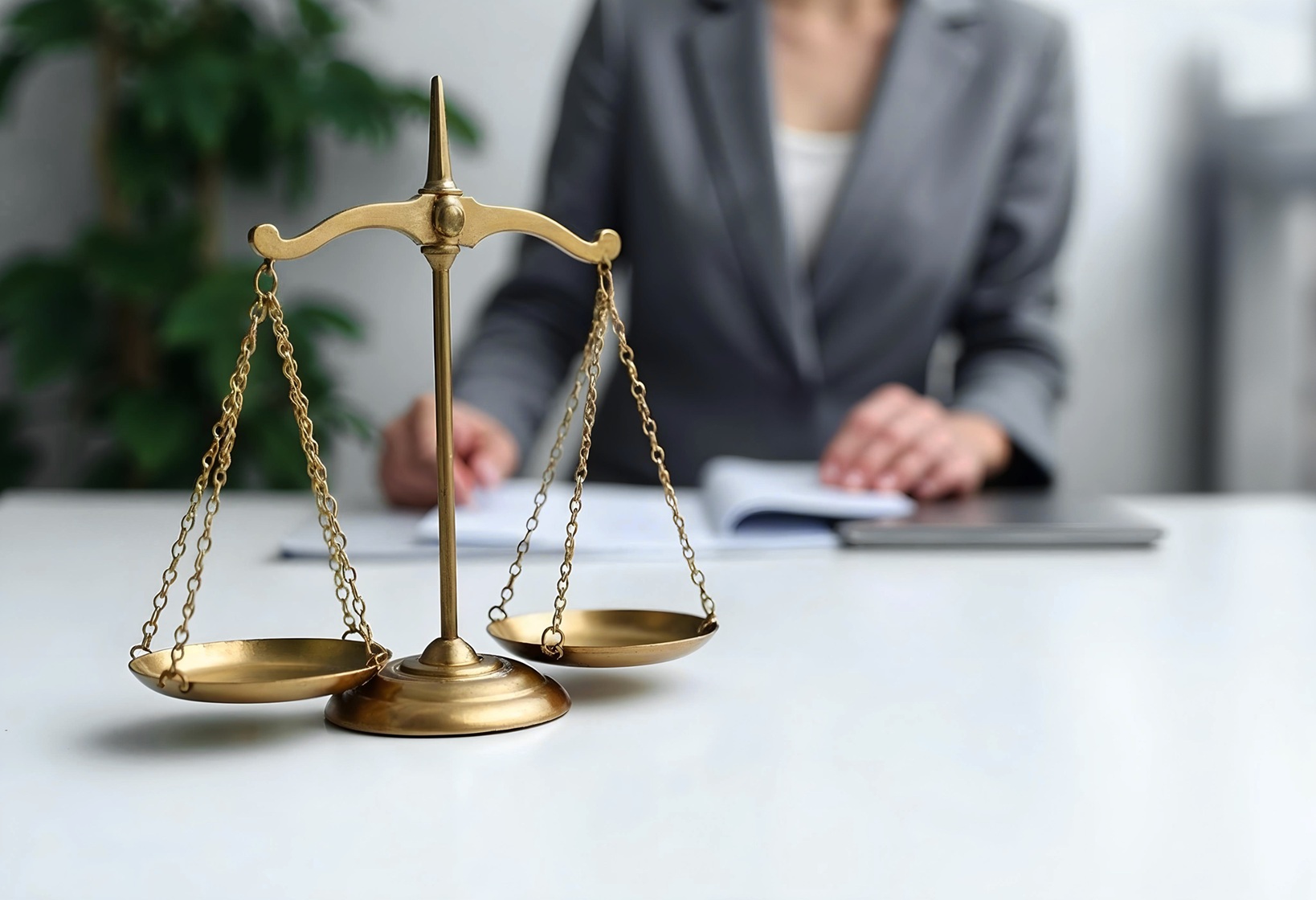Drug Offense Attorney
If you have been apprehended with even a minimal amount of marijuana, cocaine, heroin, meth, molly, or any other illegal or prescription drug, call The Law Offices of Eric A. Kay, P.A., immediately. How you are charged in Florida when you are found to be in possession of illegal substances is a largely discretionary call by the prosecution. Getting an attorney that is experienced in the defense of drug-related crimes immediately is crucial.
Pull out your phone right now and call 954-330-8994.
4.5 (4,699 ratings)
When you are arrested for a crime involving drugs in the Miami, Fort Lauderdale, or West Palm Beach area, important things that may adversely affect your future are happening right away. Once an officer books you, the evidence and reports are transmitted to the Case Filing Unit for the prosecutor’s office in the county in which you were arrested. The local case filing attorneys look over the reports, evidence, and other items, and decide what charges to file against you. What the officers arrest you for determines your bond amount but are merely suggestions that the prosecutor’s office is free to accept or reject. A case filing attorney may file the charges as presented by the officer, elect to file different charges, or file no charges at all.
While the above is true for all South Florida criminal cases, this process becomes especially important in the context of drug cases. In Florida, if you are arrested with an extremely small quantity of illegal drugs, you will generally be charged with simple possession of that contraband substance. If you are arrested with a very large quantity of illegal drugs, that is all the State of Florida needs to charge you with the crime of Drug Trafficking, a charge that in most cases is punishable by a sentence of up to 30 years in Florida State Prison, with minimum mandatory sentences of up to 25 years.
In the hugely common middle ground however, where an individual is caught with a moderate amount of an illegal drugs, that same person may be charged with a misdemeanor, a felony, or a felony with accusations of intent to distribute the substance. The range in penalties range from as little as a maximum of 364 days in jail, to as much as 15 years in Florida State Prison. How a case is filed has far reaching effects on what punishments are available to the state, and what resolutions may be available to you.
If you want to aggressively protect your rights, you should retain an attorney that is experienced in defending drug-related charges immediately after you are arrested. That attorney can negotiate with the case filing prosecutors and present your mitigating facts. In the prosecutor’s discretion, this may result in reduced charges at the outset. Even if your situation is very serious and you are in fact subject to Drug Trafficking charges, or are alleged to have been involved with the manufacture, sales, delivery, or intent to deliver illegal substances, there are solutions we can pursue for you that may not be available later in the case.
According to the Florida Department of Corrections, drug offenders who have been sentenced to prison under the current minimum 85% of sentence served policy will, on average, serve a significantly longer period of time in prison than at any time over the past 25 years. The average prison sentence under this policy has resulted in 2.5 years of incarceration compared to 1.8 years under the parole system of the early 1980’s and 1.2 years during the early prison release policy of the late 80’s and early 90’s. Don’t gamble with your freedom, protect your rights.
How Should You Choose an Attorney for a Florida Drug Charge?
Because the State of Florida is cracking down on drug possession, sales, and trafficking cases, individuals are receiving wildly different sentences for the very same charges. You will want to make sure that you have a criminal defense attorney in your corner with extensive experience in this field of law. Many criminal lawyers concentrate their practice on DUI, traffic tickets, or white collar crimes. Attorney Eric A. Kay has successfully defended thousands of individuals over the past decade that were charged with drug related offenses, both in the Office of the Public Defender for Broward County and as a private practitioner.
Under Investigation for Drug-Related Offenses?
Are you getting calls from a narcotics detective? Have law enforcement officers stopped by your home or place of business? Were you left a card directing you to contact a cop? DO NOT speak to any law enforcement personnel without obtaining a lawyer! Anything you say can be used against you in furtherance of your arrest and ultimate conviction. Call us today and we will communicate what needs to be communicated to law enforcement and protect you from fishing expeditions which can only serve to put you away. Remember, an officer is legally permitted to lie to you during the course of his or her investigation, and any deals that are promised are completely unenforceable if you do not have representation.
Alternative Sentencing Options, Florida Statutes Section 948
Florida recognizes that there are complex issues other than criminal behavior that contribute to the taking of illegal substances. Some people have not had a brush with the legal system at all until drugs lead them to be convicted felons, earning stays in jail and prison along the way. With this in mind, Florida has carved out an exception in the law of felony sentencing where a person whose life has been ruined by drugs may be better served by a long term of treatment and rehabilitation rather than a term of incarceration.
Florida felony sentencing is largely based on the Criminal Punishment Scoresheet. For each offense that you currently have pending, and each offense that is on your prior criminal record, you will be assigned a number of points by the prosecutor. If the total number of points is greater than or equal to 44, then a mandatory stay in prison in indicated. The only ways around mandatory prison in a felony case in Florida where you score prison is: a) beating the case at trial; b) convincing the prosecutor that they should ignore the law and agree to a lesser sentence; or c) plead open to the Court while filing a Motion for Alternative Sentence or Motion for Downward Departure from the Sentencing Guidelines.
If you are not likely to prevail at trial, and the state is unwilling to disregard the law to give you a break, then your last chance to avoid prison is to plead open to the Court and either file a Motion for Alternative Sentence or a Motion for Downward Departure from Sentencing Guidelines. To prevail on a Motion for Alternative Sentence, a person must convince the Court to exercise leniency. Eligibility for receiving the sentence, which would typically involve a long term of probation and drug treatment, rather than incarceration, requires that a person a) is charged with an eligible drug-related offense; b) has had a history of incarceration or other problems due to drug abuse; and c) desires treatment for their addiction. The Court must find, in order to grant a Motion for Alternative Sentence, that a person not only has a drug problem, but is amenable to supervision and treatment. The goal, of course, is recovery and rehabilitation from the problems that caused by addiction to illegal substances. A willingness to engage in long term treatment is crucial.
Your ability to avoid prison penalties in these circumstances is dependent on the following:
- The nature of the charge(s) against you
- The availability of treatment programs
- Your prior criminal history
- Your attorney’s ability to successfully negotiate or advocate an alternative course of action
Pretrial Diversion/Drug Court
Many first time offenders take advantage of this program, which can be compared to probation. The important difference is, your case is usually dismissed upon successful completion of the program. If you enter this program, you may report to a supervisor similar to a probation officer, and you will be expected to undergo random drug testing. You will be subject to regular court appearances as well. Of course, any new criminal charges will immediately end this program. However, if you complete the program successfully, without being arrested again during the term, the charges are generally dismissed.


